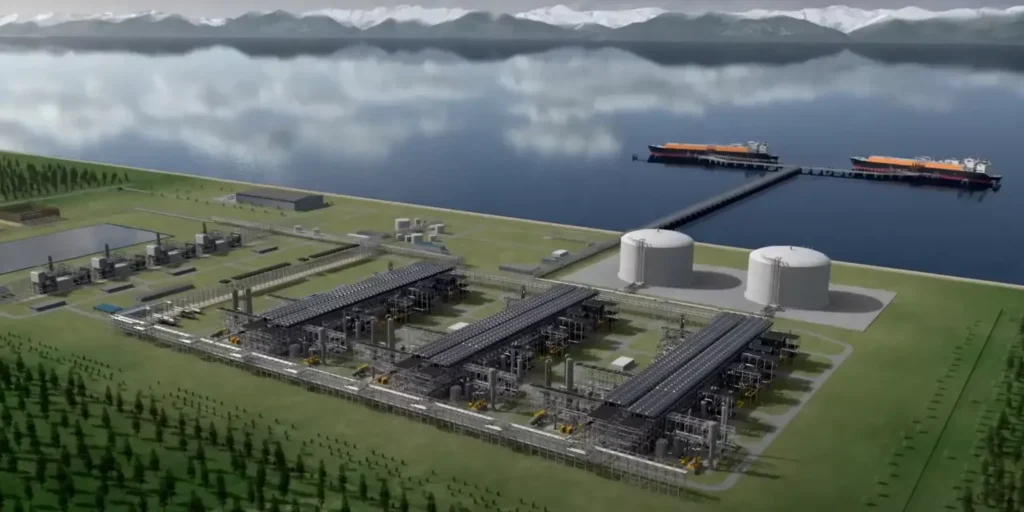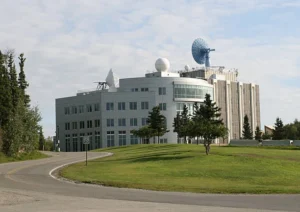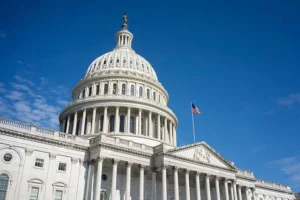A final decision on the proposed Alaska natural gas pipeline could arrive before the end of the year, marking a pivotal energy milestone. Rex Cannon, co-president of 8 Star Alaska, told industry leaders the company expects to finalize gas sales agreements before the end of the year.
The decision could end over 50 years of false starts, abandoned projects and broken promises tied to Alaska’s gas pipeline efforts. Governor Mike Dunleavy, attending the conference, expressed cautious optimism, stating he remains hopeful yet unwilling to celebrate until construction officially begins.
Glenfarne purchased 75% of the Alaska LNG project from the state’s Alaska Gasline Development Corporation, which still retains a 25% stake. Their partnership formed 8 Star Alaska, a venture named for the Alaska flag, with plans to construct the project in two phases.
Phase one involves an 807-mile pipeline from the North Slope to Cook Inlet, supplying gas to Southcentral Alaska, which is facing growing shortages. AGDC estimates construction costs to be $11 billion, while Cannon confirmed completion could come by 2029, even without international export agreements.
Cannon explained the company is pursuing funding through the US Department of Energy and institutional investors while negotiating long-term gas contracts. At full operation, the pipeline delivers 20 million tons annually with tentative commitments from Thailand’s PTT and Taiwan’s CPC.
South Korea and Japan remain potential customers, but analysts warn Alaska’s gas may prove too expensive compared to competing global energy markets. Canon revealed that 8 Star Alaska contacted 15 global suppliers for pipeline materials and is finalizing contractor agreements for construction commitments soon. He reported 85% completion of the pipeline’s right-of-way acquisition, while environmental permits and most engineering work are already fully in place.
Litigation challenges remain possible, though Cannon emphasized forward momentum, citing a ceremonial agreement covering the pipeline’s route through Denali National Park. Governor Dunleavy called the rapid progress exciting, saying Alaska’s energy future could change dramatically within months if agreements transform into construction.










